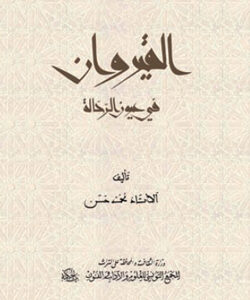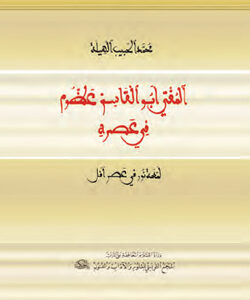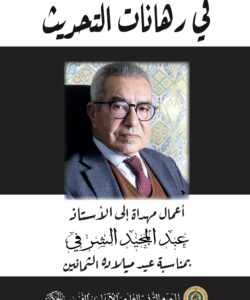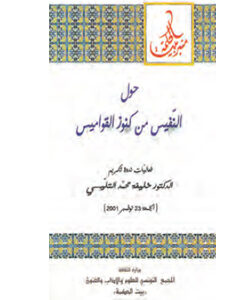The Tunisian Revolution : A Long Historical Work, Tunisia from 1574 to 2023
On the surface, Dr Mahmoud Ben Romdhane’s book “The Tunisian Revolution”, appears as a passionate exploration seeking to unveil the secrets of a people’s centuries-long journey. At its core,however, it is a profound intellectual meditation on the unique and exceptional nature of a civilisational framework.
Outwardly, it presents data tables tracking economic ratios and transformations across various eras and under diverse governance models. Yet, in essence, it offers intellectual reflections on the economic framework that guarantees economic rights as fundamental and universal rights to realise full citizenship.
Similarly, though it outwardly displays data and statistics on the varying margins of freedoms and human rights violations under different frameworks, it inwardly delves into intellectual meditations on universal human rights standards and constants.
Lastly, it appears on its surface to draw comparisons between political systems, forms of governance, and patterns of tyranny and authoritarianism, however inwardly it presents intellectual reflections on the optimal institutional system to fortify the citadels of freedom.
Thus, Dr Mahmoud Ben Romdhane soared within its discourse on the wings of a political scientist and the convictions of a human rights advocate who believes in the necessity of the critical intellectual inquiry regarding the essence of the revolution’s objectives and the pathways to their fulfillments. This pursuit sought to grasp its fundamental truth and apply scientific rigor to formulate its concept.






